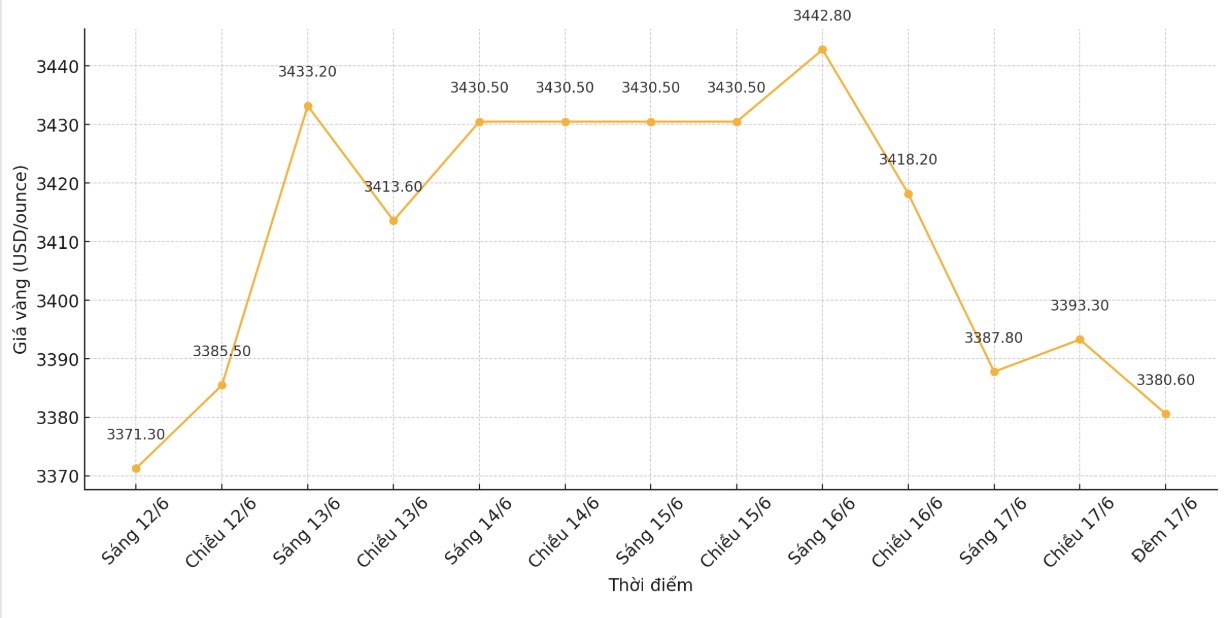The latest survey from the World Gold Council (WGC) shows that not only will central banks continue to buy gold in the next 12 months, but gold has also attracted stronger attention from financial institutions and central banks than ever over the past decade.
On Tuesday, the World Gold Council released the Central Bank's Gold Survey Report, with 73 responses recorded this year, the highest participation rate since the survey was conducted eight years ago.
Mr. Shaokai Fan - Head of the World Central Bank Department of WGC said that about half of the global central banks participated in the survey this year.
The survey shows that central banks see the value of holding gold as a global reserve asset, the expert said.

In the report, the WGC said that increasing participation is not just a number; it is a strong signal of interest in gold in the central banking community.
"These responses add depth to our understanding of the role of gold in reserve management," the WGC said.
According to the survey, 95% of central banks participating in the survey expect global gold reserves to increase in the next 12 months. In addition, 43% of central bank reserve managers said they plan to increase their official gold holdings this year, up 29% from the previous survey.
This positive sentiment comes as central banks have purchased more than 3,000 tonnes of gold over the past three years, and analysts predict they could add 1,000 tonnes to their reserves this year.
Mr. Fan emphasized that the survey continues to show that demand mainly comes from central banks in emerging markets. He also said that this trend is not surprising, because central banks of developed economies often have more diverse economies to support their currency.
This feeling shows great interest in gold and there is still room for central banks to increase their gold holdings, said Mr. Fan.
One of the most notable trends among central banks in emerging markets is the diversification away from the US dollar. The survey shows that although the USD will continue to be a reserve currency, central banks predict that the USD's role in the global market will decrease.
73% of central bank reserve managers expect their holdings of the US dollar in global reserves to decline slightly or significantly over the next 5 years. Meanwhile, 76% of responses said gold will account for a larger proportion of total reserves over the next 5 years, up from 69% in the previous survey.

Just a week ago, a report from the European Central Bank said that gold had surpassed the euro to become the second largest reserve asset held by central banks.
The survey also clarifies why central banks hold gold. According to the report, 85% of reserve managers said that gold's performance in times of crisis is a very or quite important factor for their organization. In addition, 81% emphasized the role of gold as a tool to diversify portfolios, while 80% viewed gold as a valuable asset.
Compared to the survey results last year, the feeling of holding gold has changed slightly. In 2024, "crisis performance" is expected to stand out, while gold's role as a "long-term valuable preservation asset" was further emphasized in last year's survey.
Stability in the top three factors shows that central banks around the world still recognize the strategic role of gold in risk management, the WGC said.











